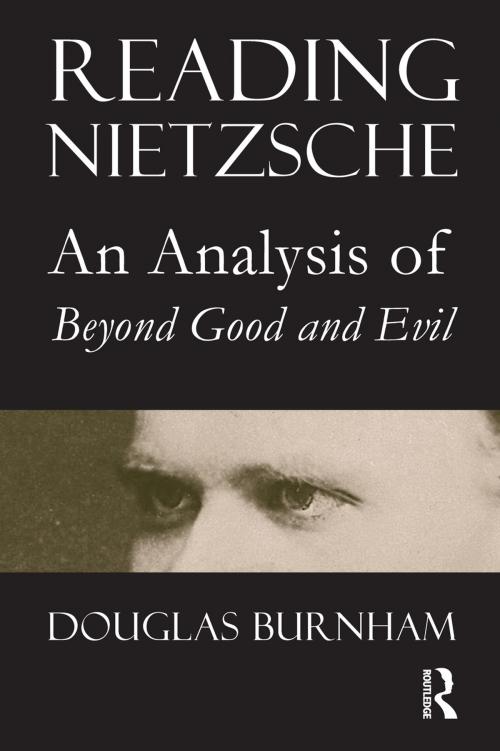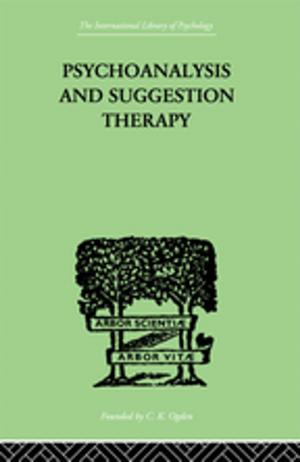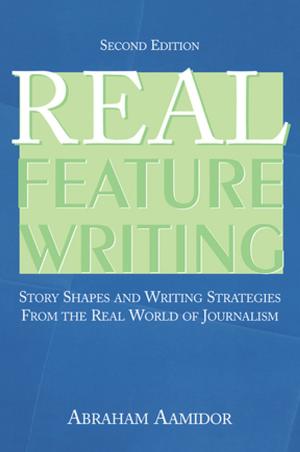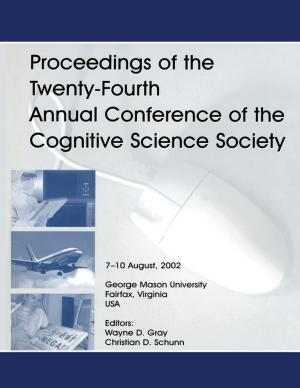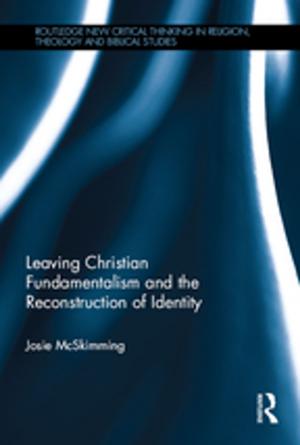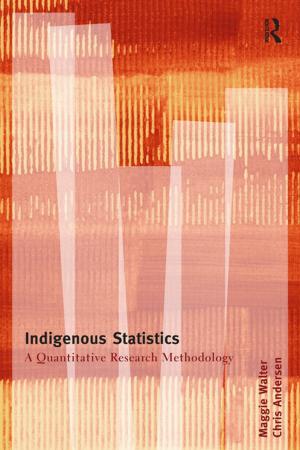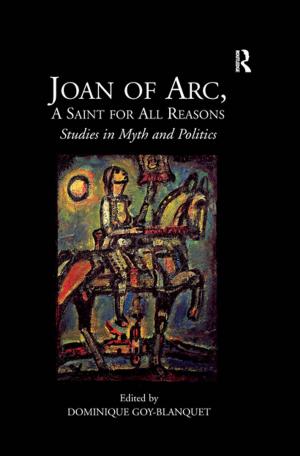Reading Nietzsche
An Analysis of "Beyond Good and Evil"
Nonfiction, Religion & Spirituality, Philosophy| Author: | Douglas Burnham | ISBN: | 9781317493600 |
| Publisher: | Taylor and Francis | Publication: | December 5, 2014 |
| Imprint: | Routledge | Language: | English |
| Author: | Douglas Burnham |
| ISBN: | 9781317493600 |
| Publisher: | Taylor and Francis |
| Publication: | December 5, 2014 |
| Imprint: | Routledge |
| Language: | English |
"Beyond Good and Evil" is a concise and comprehensive statement of Nietzsche's mature philosophy and is an ideal entry point into Nietzsche's work as a whole. Pithy, lyrical and densely complex, "Beyond Good and Evil" demands that its readers are already familiar with key Nietzschean concepts - such as the will-to-power, perspectivism or eternal recurrence - and are able to leap with Nietzschean agility from topic to topic, across metaphysics, psychology, religion, morality and politics. "Reading Nietzsche" explains the key concepts, the range of Nietzsche's concerns, and highlights Nietzsche's writing strategies that are the key to understanding his work and processes of thought. In its close analysis of the text, "Reading Nietzsche" reassesses this most creative of philosophers and presents a significant contribution to the study of his thought. In setting this analysis within a comprehensive survey of Nietzsche's ideas, the book is a guide both to this key work and to Nietzsche's philosophy more generally.
"Beyond Good and Evil" is a concise and comprehensive statement of Nietzsche's mature philosophy and is an ideal entry point into Nietzsche's work as a whole. Pithy, lyrical and densely complex, "Beyond Good and Evil" demands that its readers are already familiar with key Nietzschean concepts - such as the will-to-power, perspectivism or eternal recurrence - and are able to leap with Nietzschean agility from topic to topic, across metaphysics, psychology, religion, morality and politics. "Reading Nietzsche" explains the key concepts, the range of Nietzsche's concerns, and highlights Nietzsche's writing strategies that are the key to understanding his work and processes of thought. In its close analysis of the text, "Reading Nietzsche" reassesses this most creative of philosophers and presents a significant contribution to the study of his thought. In setting this analysis within a comprehensive survey of Nietzsche's ideas, the book is a guide both to this key work and to Nietzsche's philosophy more generally.
